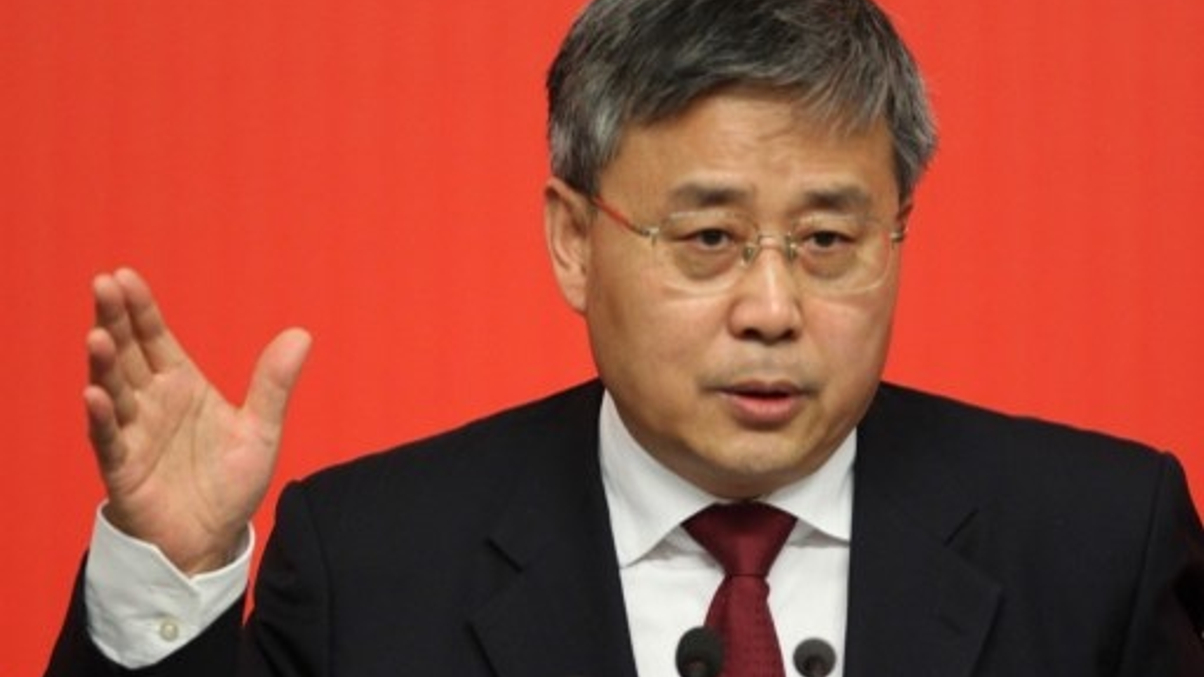Plan to quadruple RQFII quota whets appetites
Fund houses expect to launch new and different types of product after CSRC chief vows to raise quotas by Rmb200 billion in response to demand plea from Hong Kong authorities.

Fund managers say greater flexibility in product design is imminent after the chief of China’s securities regulator pledged to quadruple RQFII quotas.
Sign in to read on!
Registered users get 2 free articles in 30 days.
Subscribers have full unlimited access to AsianInvestor
Not signed up? New users get 2 free articles per month, plus a 7-day unlimited free trial.
¬ Haymarket Media Limited. All rights reserved.


